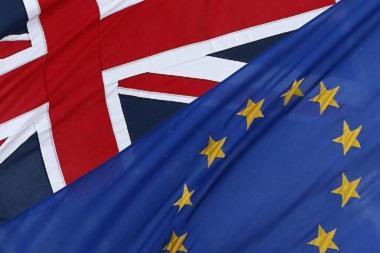More than half of CEOs believe Brexit will disrupt the UK’s ability to do business, research finds

The UK’s decision to leave the EU hasn’t dampened the short or long-term confidence of UK CEOs, although many are considering relocating operations or headquarters as part of responsible contingency planning, according to a study by KPMG.
For its first ‘100 UK CEOs’ survey, KPMG questioned CEOs from companies with revenues ranged between £100m and £1bn. It found that both in the short term (the next year) and the medium term (the next three years), the majority are confident about the future growth of the country, the global economy and their own businesses. However, over half believe the UK’s ability to do effective business will be hindered after leaving the EU.
“However, this confidence isn’t unbridled,” Simon Collins, KPMG UK chairman, said. “CEOs are reacting to the prevailing uncertainty with contingency planning. In particular, the majority said they are considering relocating their headquarters or operations outside the UK. Over half believe the UK’s ability to do business will be disrupted once we Brexit and therefore, for many CEOs, it is important that they plan different scenarios to hedge against future disruption.”
He added: “In our own work, we have seen international clients who had been considering basing European headquarters in the UK, opt for Ireland instead. Our latest analysis shows that this effect could be exaggerated by UK companies moving. Contingency planning is just that – a form of insurance – but it must not become ‘plan A’. Moving headquarters abroad is radical and hits the headlines but businesses could start shifting operations abroad with little public attention.
“We hear it time and time again that business needs certainty. Policy makers should be really concerned about a leaching of British business abroad and should engage with business early to understand what assurances they can offer and closely monitor any shifts overseas. Equally, businesses should be sharing their on the ground experiences to convene a unified voice into government.”














No comments yet